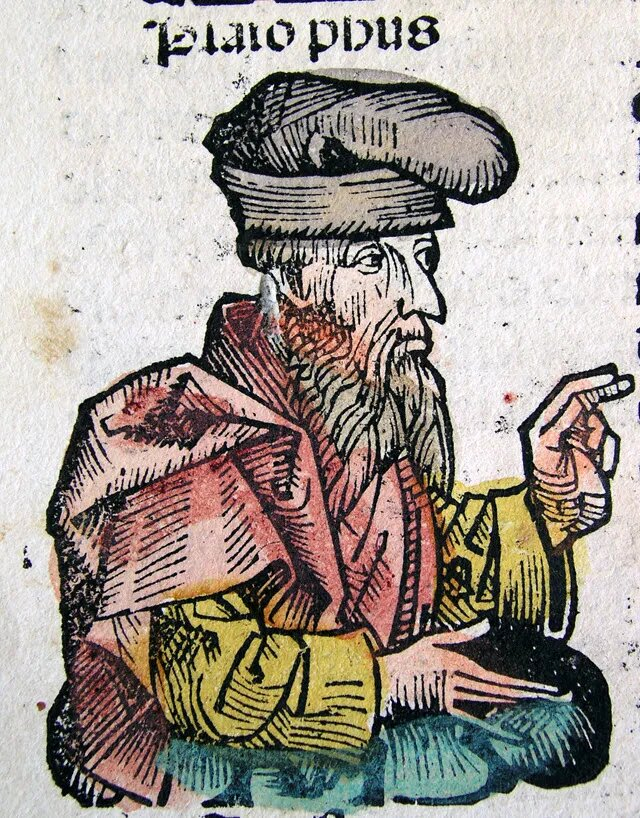Theory of Knowledge or Epistemology

The wise man holds on to the truth and does not alter with the times. Plato thought that Reality, which was difficult for the average person to understand, was in the center of the illusive material world. He suggested in volumes VI and VII that only philosophers should be in power because only they could extract the true knowledge elixir from the convoluted world of ordinary views and beliefs. He claimed that the latter was derived from the Greek term Doxa and that the former was epistemic.
Plato was a fierce opponent of democracy and wanted intellectuals to put politics above small-scale conflicts between the general populace's particular interests. In his view, the administration of justice was aided by the strong twins of epistemology and ethics. He had the same view as his teacher Socrates that the soul is the all-knowing, all-pervading force. In terms of information acquisition, the soul has no boundaries. It is, however, wrapped with material identifiers that block our perspective.
There are types of objective realities, in Plato's view, that is imperceptible to our senses. And those that can be obtained quickly with the aid of these organs aren't flawless actuality. His use of the metaphors of the sun, the dividing line, and the cave to represent this phenomenon is more effective. In conclusion, Plato's bold letter is identified as the forerunner when the history of epistemology is researched. Many academics and thought leaders have developed his idea further in the years that have come after.












